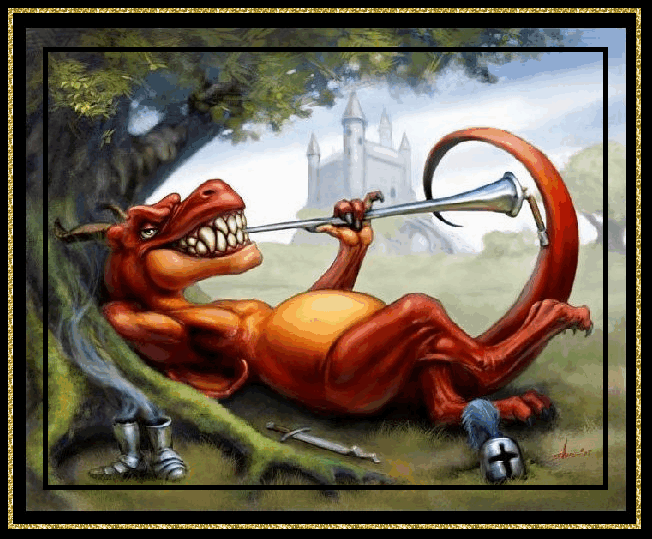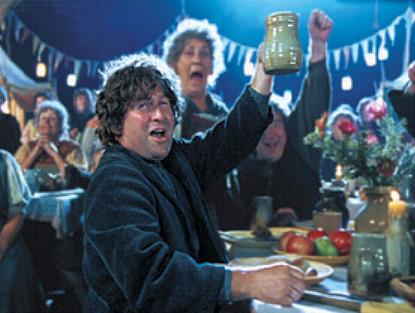My girlfriend and I frequently have discussions about scheduling and over-scheduling. While we have many things in common, which cause us to like each other (like,
like-like), we also have several distinct differences. One very prominent difference is that she is a "planner" She likes her schedule orderly and full. If she hasn't started working on her Halloween costume by August, she starts to get nervous. She fills her week with classes, dinners with friends and other forecast events weeks and months in advance.
By contrast, I prefer to take a more casual approach to my activities. I can handle one or two weekly commitments, but I like having the option of sitting on my butt in front of the tube if I'm exhausted from work. I don't want to put myself in a position where I feel forced -dare I say, "railroaded?"- to hang out with friends or do something I would otherwise enjoy if I were approaching it on my own terms.
So, why this ramble about relationships and personality differences? Well, I realized during last night's D&D session that player characters in an RPG can be overscheduled as well. As a DM running a weeknight campaign (3-3.5 hours of play with a hard stop time) I get really wrapped up in moving the story along. I want to get my players to the next boss fight, the next town, the next big reveal. I worry that the pace of the story is dragging, so I crack the whip in my head and bellow, "Hyah mule! I say, Hyah!" In short, I regularly try to squeeze too much play time into our play time!
 |
You have three waves of orcs to defeat before piano lessons mister.
You're having fun, dammit! |
Last night, it finally hit home that much of my recent malaise over my campaign might be because I overfill my sessions. While I try hard to avoid railroading my players, to give them options for approaching different situations, when I try to fit four encounters into a three hour session, I find myself getting impatient when my players start deliberating over those options. My irritability starts to show, and my players don't get the time to reach some of their more creative and innovative ideas. The play starts to feel hack and slashy and downright bland.
Well yesterday's game was different. I didn't let myself worry that we have only been playing three hours a month for the last three months. I didn't try to force things along quickly and I presented my players with several very open-ended situations:
- You know you are traveling through hostile territory, what's your plan for avoiding detection?
- You know you will have to cross the enemy lines, how do you want to do that?
- You've been discovered by a patrol that is suspicious of your alibi, how do you respond?
- You've made it through the initial checkpoint, but need papers and/or authorization to make it through the next one, how do you get them?
Most importantly, however, I allowed my players the time to discuss their plans for answering each of these questions before moving on. I felt like the game play last night had a creative spark that has been dampened for a while. My players were thinking both inside and outside the box, and when I inevitably poked at the holes in their plans, they were quick on their feet to try and plug the gaps.
half-orc monk: "Oh, hey Mr. patrolman, I wasn't hiding behind this tree, I was just having a piss, what can I do for you?"
Loosening my death grip on the schedule for the night made the game actually feel fuller, like we got more done than during sessions where I line up the encounters like dominoes. Bonus: My players got to a great cliffhanger stopping point, which was right where I was hoping they would end the evening. I liked that feeling. I was happy to be a part of it.
So, the plan moving forward... maybe... if I feel like it... is to worry less about driving the plot forward by cramming in the encounters, in favor of preparing to meet the creative approaches my players dream up.




























